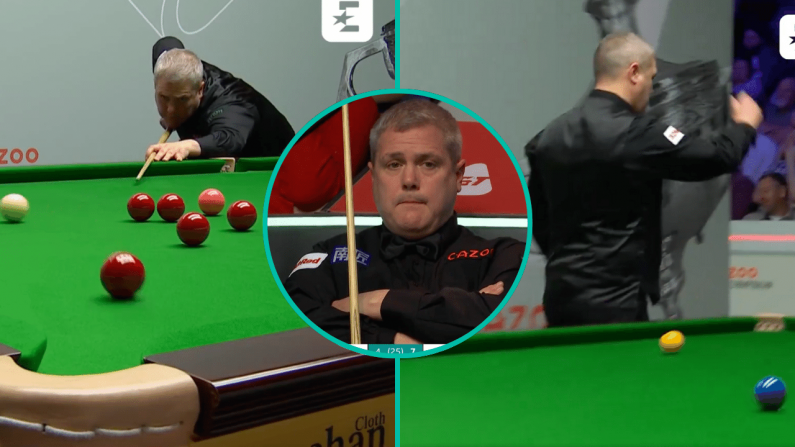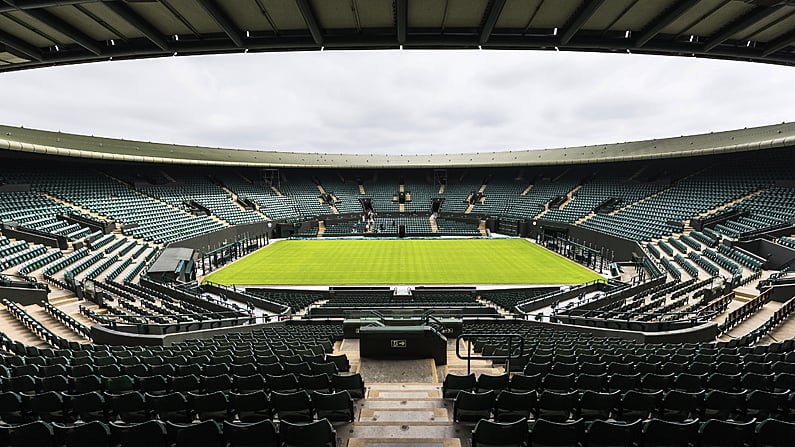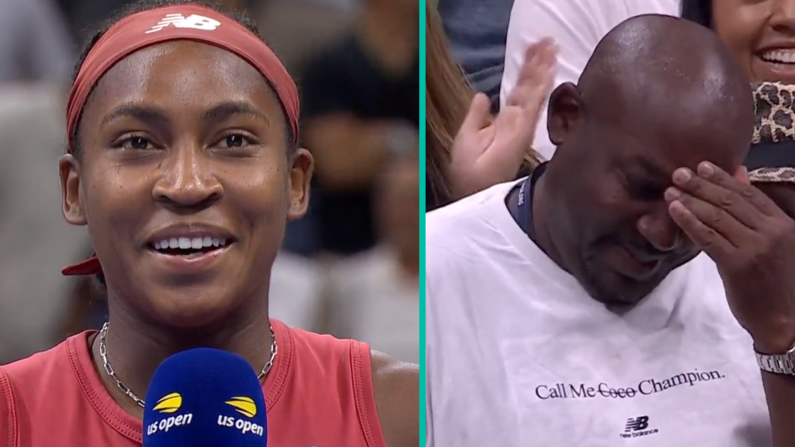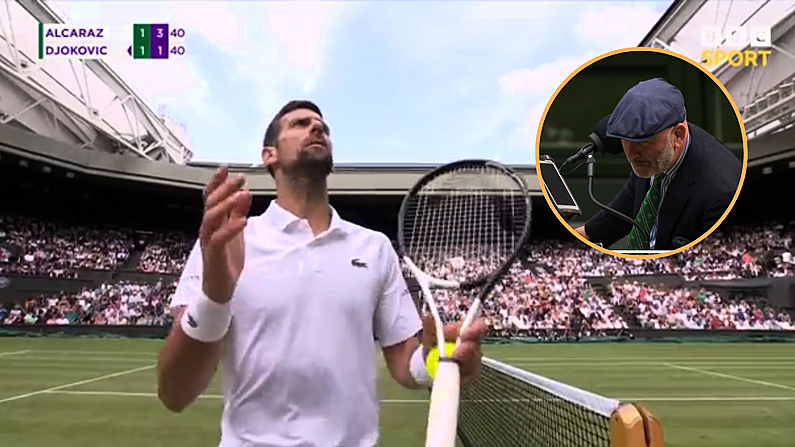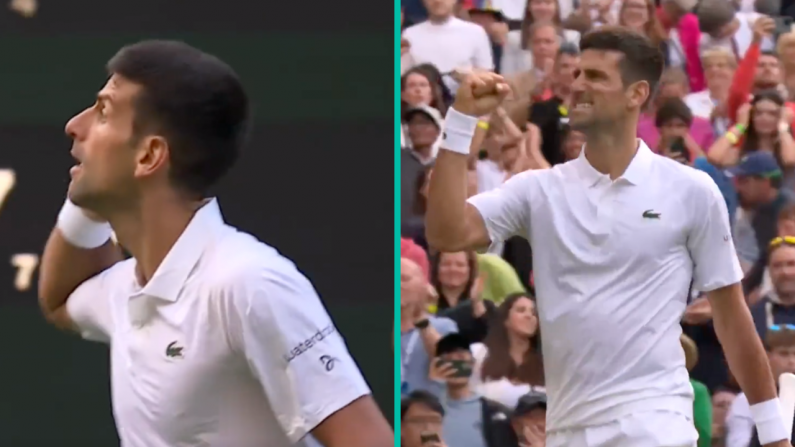We will finally have a Wimbledon tie-breaker. Marathon matches at Wimbledon are set to become a thing of the past, after it was announced that final-set tie-breakers will be introduced for the 2019 tournament.
The All England Lawn Tennis And Croquet Club (AELTC), the organisers of Wimbledon, have introduced a new tie-break system once the score has reached 12-12 in the deciding set. The rule will take effect from next year, and will apply to all matches at the tournament. AELTC Chairman Phillip Brook had this to say on the change:
In reaching this decision, the AELTC Committee sought the feedback of both players and officials, analysed two decades of match data, and considered other factors including scheduling complexities and spectator experience.
Our view was that the time had come to introduce a tie-break method for matches that had not reached their natural conclusion at a reasonable point during the deciding set.
While we know the instances of matches extending deep into the final set are rare, we feel that a tie-break at 12-12 strikes an equitable balance between allowing players ample opportunity to complete the match to advantage, while also providing certainty that the match will reach a conclusion in an acceptable time-frame.
In 2010, Wimbledon was the venue for the longest tennis match of all time, when John Isner defeated Nicholas Mahut after a 70-68 deciding set. There were over 11 hours of play in the first round match, which was played over three days.
Isner was once again involved in marathon clash in this year's tournament, when his semi-final with Kevin Anderson was decided by a 26-24 final set. That match led to many onlookers calling for some sort of tie-break to be introduced, and AELTC have duly obliged.
The uncertainty over match lengths was seen as a burden to both tournament organisers and players alike. The aforementioned Isner and Anderson clash led to a massive delay the second semi-final between Rafael Nadal and Novak Djokovic, which had to be completed the following day. That resulted in the women's final experiencing a two-hour delay.
While cases such as this were rare, the introduction of the new rule will finally bring a degree of certainty as to when matches will finish.





